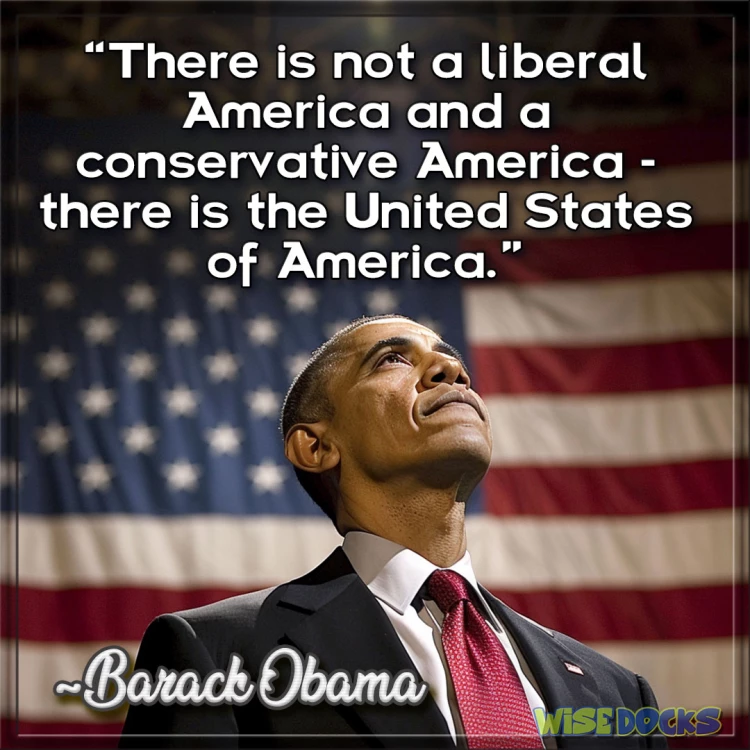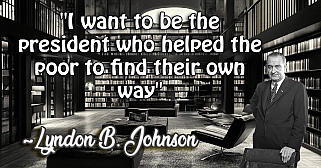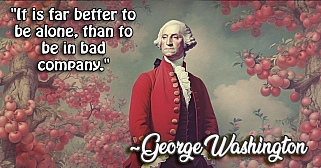Barack Obama: The 44th President of the United States

Barack Obama
Barack Obama, the 44th President of the United States, made history as the first African American to hold the nation's highest office. His presidency was marked by a focus on progressive policies, economic recovery, and healthcare reform. Born on August 4, 1961, in Honolulu, Hawaii, Obama's journey from community organizer to President has left a lasting impact on American politics and global affairs. This article explores his early life, political career, presidency, and enduring legacy.

Early Life and Education
Barack Hussein Obama II was born to a Kenyan father, Barack Obama Sr., and an American mother, Stanley Ann Dunham. His multicultural background and experiences living in Indonesia and Hawaii profoundly shaped his worldview. Obama was raised primarily by his mother and grandparents, who instilled in him the values of hard work and education.
After graduating from Punahou School, a prestigious private school in Hawaii, Obama attended Occidental College in Los Angeles before transferring to Columbia University in New York City. He graduated with a degree in political science in 1983. Driven by a desire to make a difference, Obama moved to Chicago in 1985, where he worked as a community organizer, helping low-income residents improve their living conditions.
Harvard Law School and Legal Career
In 1988, Obama enrolled at Harvard Law School. During his time there, he became the first African American president of the prestigious Harvard Law Review. This achievement brought him national attention and set the stage for his future political career. After graduating magna cum laude in 1991, Obama returned to Chicago, where he practiced civil rights law and taught constitutional law at the University of Chicago Law School.
Entry into Politics
Obama's political career began in the Illinois State Senate, where he served from 1997 to 2004. During his tenure, he championed bipartisan efforts to reform ethics and healthcare laws, expand early childhood education programs, and increase tax credits for low-income workers. His ability to work across party lines earned him respect and recognition.
In 2004, Obama ran for the U.S. Senate. His keynote address at the Democratic National Convention that same year catapulted him to national prominence. In his speech, he spoke of unity, hope, and the American dream, themes that would become central to his political message. Obama won the Senate seat in a landslide, further solidifying his position as a rising star in the Democratic Party.
Presidential Campaign and Election
Barack Obama's historic presidential campaign began in 2007. Running on a platform of "hope and change," he energized voters with his vision of a more inclusive and progressive America. His message resonated with a broad coalition of voters, including young people, minorities, and independents.
In the 2008 presidential election, Obama defeated Republican candidate John McCain, winning 365 electoral votes to McCain's 173. His victory was celebrated worldwide as a significant milestone in American history. Obama was inaugurated as the 44th President of the United States on January 20, 2009.
Key Achievements and Policies
Economic Recovery
Obama took office during the Great Recession, the most severe economic downturn since the Great Depression. His administration implemented the American Recovery and Reinvestment Act, a $787 billion stimulus package aimed at saving jobs, investing in infrastructure, and stabilizing the economy. The measures helped to avert a deeper economic crisis and laid the groundwork for recovery.
Healthcare Reform
One of Obama's most significant achievements was the passage of the Affordable Care Act (ACA) in 2010. Known as "Obamacare," the ACA aimed to increase access to healthcare, reduce costs, and protect consumers from insurance company abuses. The law expanded Medicaid, established health insurance exchanges, and mandated that all Americans have health insurance. While controversial, the ACA significantly reduced the number of uninsured Americans and remains a cornerstone of Obama's legacy.
Foreign Policy
Obama's foreign policy focused on restoring America's standing in the world and addressing global challenges through diplomacy. He prioritized ending the wars in Iraq and Afghanistan, signing the New START treaty with Russia to reduce nuclear arsenals, and leading the international response to the 2011 Libyan civil war.
One of the most notable moments of his presidency was the operation that led to the death of Osama bin Laden in 2011, a significant victory in the fight against terrorism. Obama also pursued the landmark Iran nuclear deal, aimed at preventing Iran from developing nuclear weapons in exchange for lifting economic sanctions.
Social Issues and Civil Rights
Obama's presidency saw significant progress in social issues and civil rights. He repealed the "Don't Ask, Don't Tell" policy, allowing LGBTQ+ individuals to serve openly in the military. In 2015, the Supreme Court's decision in Obergefell v. Hodges legalized same-sex marriage nationwide, a move supported by Obama.
He also focused on criminal justice reform, signing the Fair Sentencing Act to reduce disparities in drug sentencing and advocating for broader reforms to address systemic issues within the justice system.
Challenges and Criticisms
Despite his achievements, Obama's presidency faced numerous challenges and criticisms. The slow pace of economic recovery, persistent partisan gridlock in Congress, and controversies over drone warfare and surveillance practices were significant issues. Additionally, the rise of the Tea Party movement and increasing political polarization posed challenges to his legislative agenda.
Post-Presidency and Legacy
Since leaving office in January 2017, Obama has remained active in public life. He and his wife, Michelle Obama, established the Obama Foundation, focusing on leadership development and civic engagement. He has also written memoirs and delivered speeches on issues such as climate change, democracy, and social justice.
Barack Obama's presidency left an enduring legacy of hope, progress, and resilience. His historic election broke barriers and inspired millions, and his policies brought about significant changes in healthcare, civil rights, and economic recovery. Obama's commitment to diplomacy, inclusivity, and justice continues to influence American politics and inspire future generations.
Memorable Quotes by Barack Obama
Barack Obama's eloquence and ability to inspire are reflected in his many memorable quotes. Here are a few that continue to resonate:
- "Yes, we can."
- "The best way to not feel hopeless is to get up and do something. Don’t wait for good things to happen to you."
- "We are the change we have been waiting for."
- "If you're walking down the right path and you're willing to keep walking, eventually you'll make progress."
- "In the face of impossible odds, people who love their country can change it."
Barack Obama's journey from a community organizer to the 44th President of the United States is a testament to his dedication, vision, and leadership. His presidency brought significant change and progress, addressing some of the most pressing issues of our time. Obama's legacy continues to shape the political landscape and inspire individuals around the world to strive for a better, more inclusive future.


